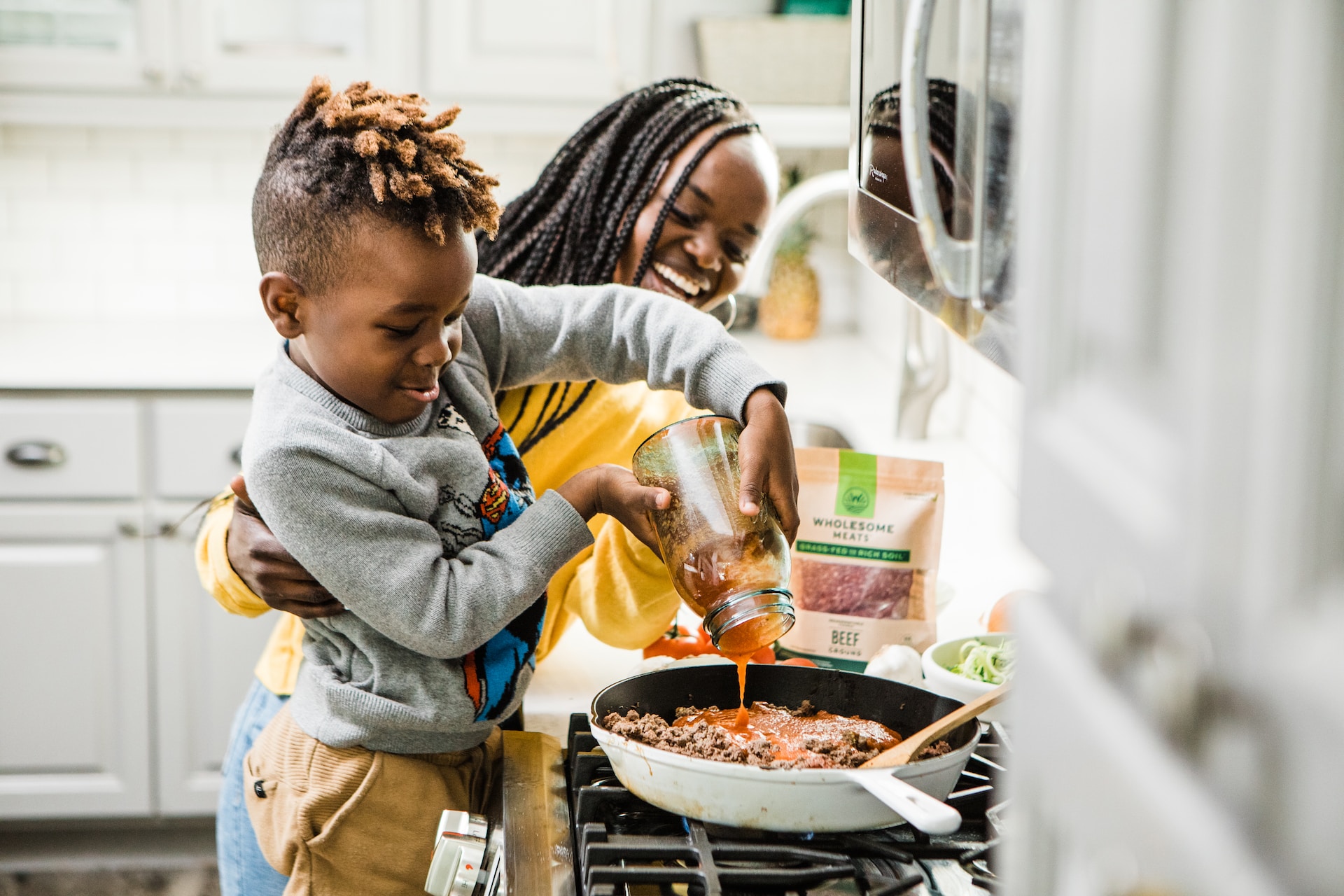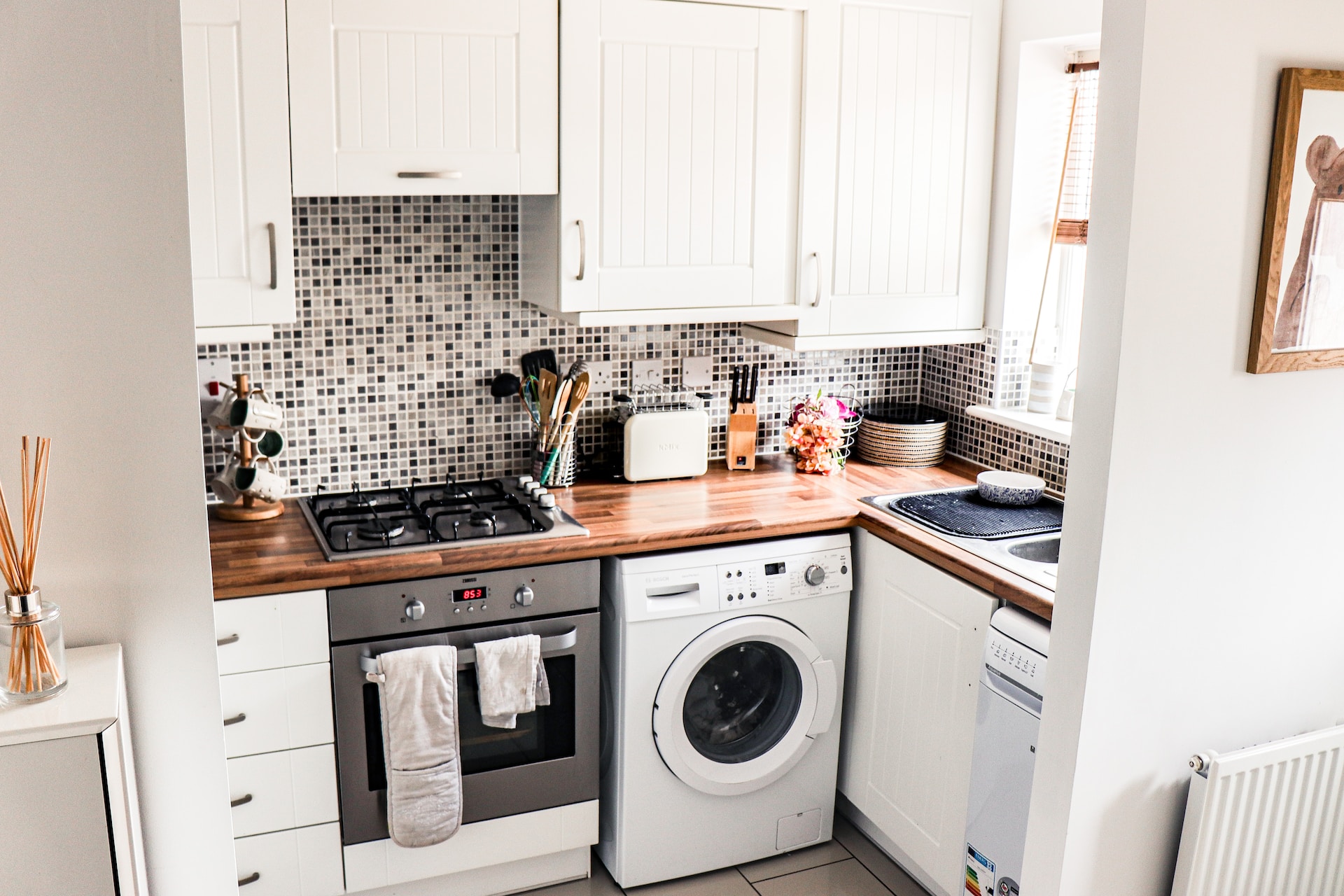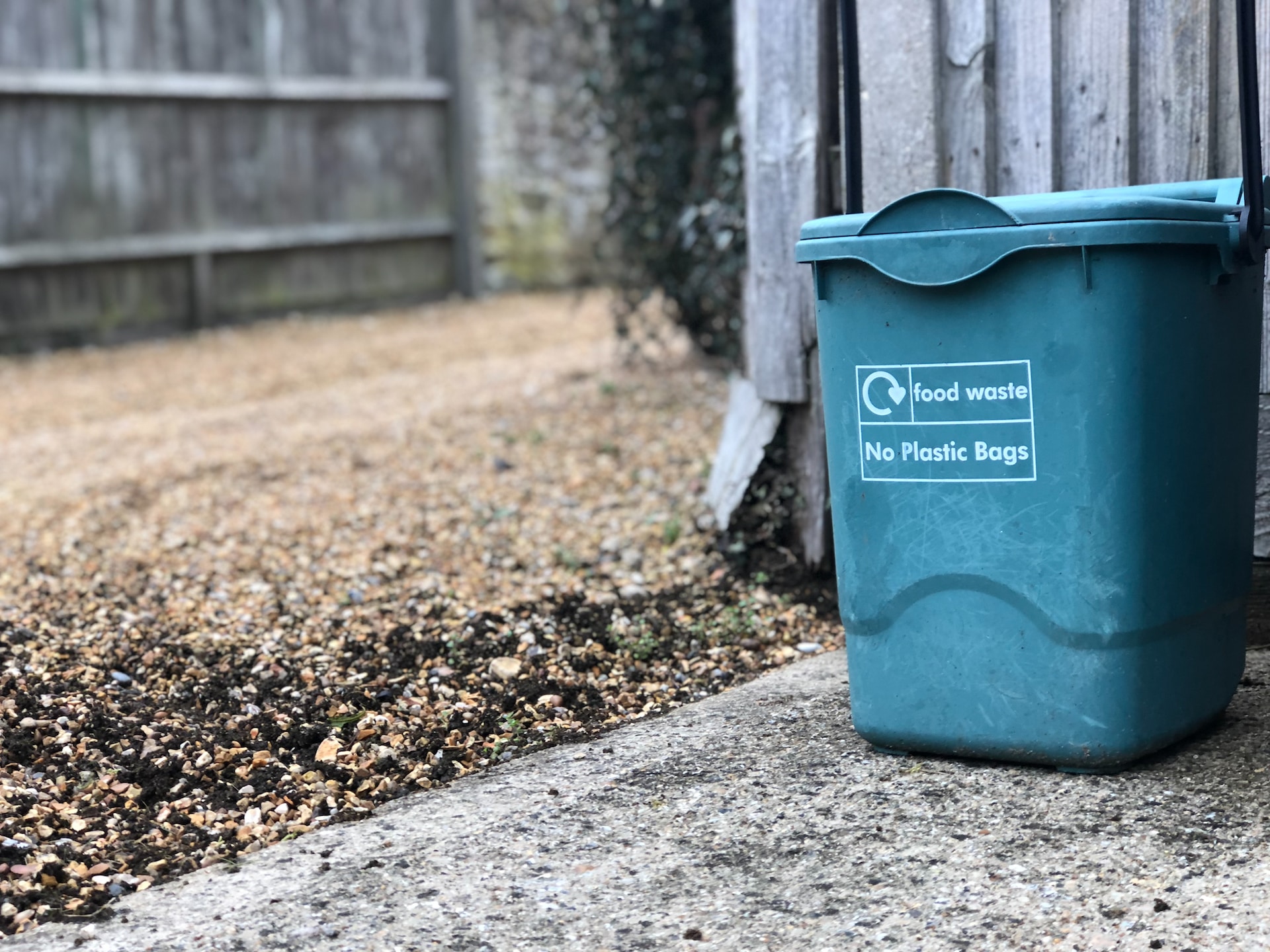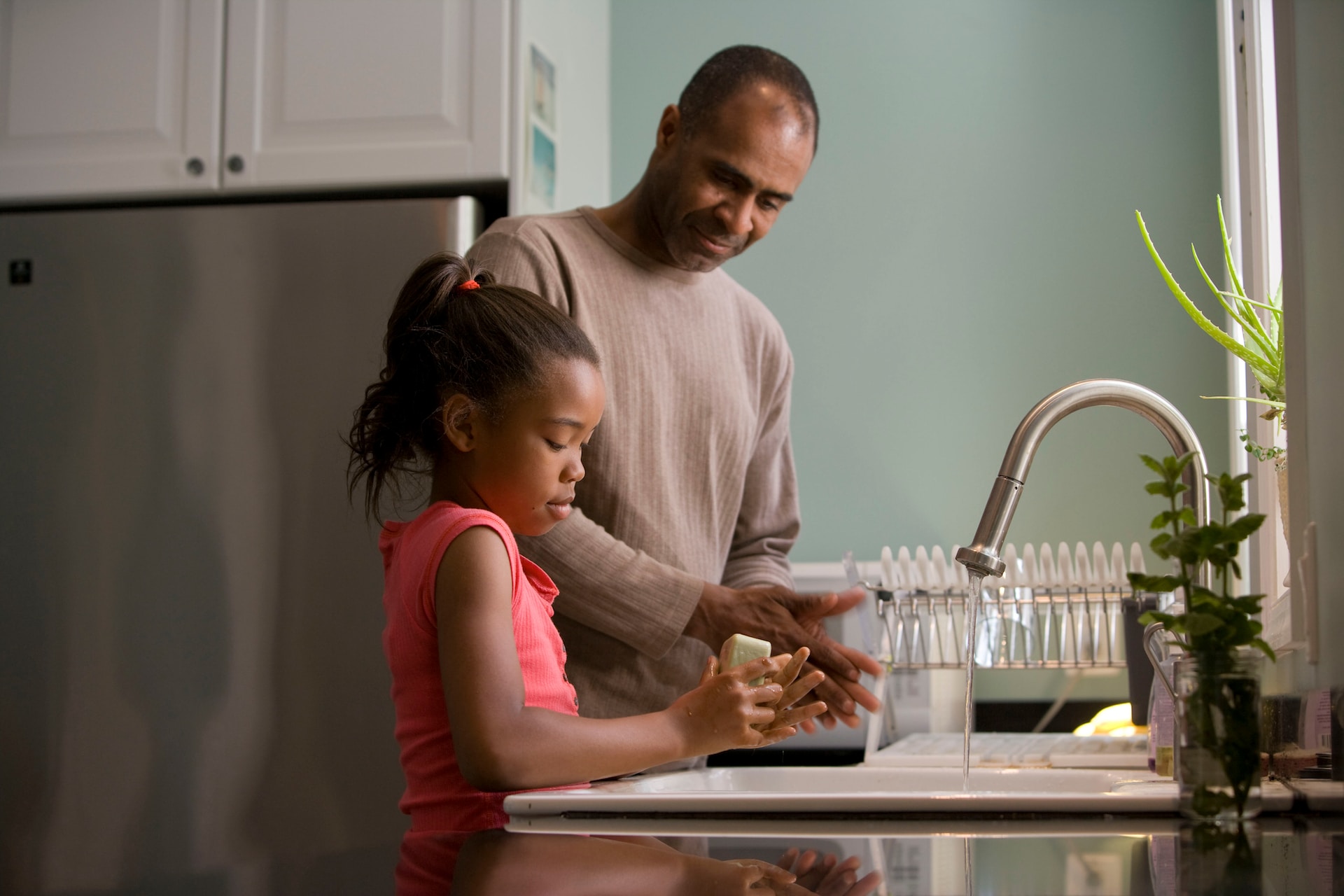Children are naturally curious, so it’s important for parents to make sure they’re promoting safety at all times. If your children participate in household chores, it’s vital that they know the proper way to use various appliances. This guide provides helpful tips for kids and parents regarding safe appliance use.
With the right methods and some ground rules put into place, you’ll be able to encourage your children to participate in chores while ensuring they’re in a safe environment at all times. Teaching these skills to children at a young age can keep them safe throughout their lifetime.
Table of Contents
- Why teach kids about safe appliance use?
- What to look out for during household chores
- Teaching kids about safe appliance use
- Age-appropriate chores
- Indoor chores
- Outdoor chores
- Learning more about appliance safety
Why teach kids safe appliance use?
There are many reasons why encouraging appliance safety is important. Showing your kids the proper ways to use an assortment of appliances while they do household chores protects them from injury and prevents serious accidents like house fires from occurring. Fortunately, many of today’s modern appliances are packed with safety features like automatic shut-off, alarms, and more.
Encourage your kids to help around the house while promoting proper appliance safety. Not only will this give you peace of mind, but it’s a great way to teach your kids about the best ways to use a variety of different appliances at a young age. This helps to build confidence and instill the best practices for safe appliance operation from the start. Here are some things to look out for while your children do household chores and how you can teach your kids about safe appliance use.
What to look out for during household chores
Improper use of household appliances can pose serious danger to your kids, yourself, and your home. Here are some key things to look out for during household chores to keep everyone safe:
- Fires: House fires may occur if a stove or oven is left on and unattended. Other common causes of appliance-related fires are electrical shorts or water coming into contact with electrical outlets or wiring.
- Burns or scalds: This can occur if your child accidentally touches a hot stovetop or reaches into a hot oven. It can also happen if hot or boiling water spills or your child puts their hand into a hot pot or pan.
- Cuts: Most cuts occur from handling sharp knives, but they can also happen to kids who accidentally touch the sharp edges of an appliance.
- Falls: Children may fall when attempting to reach something from a high place, such as the top of the refrigerator or freezer or on a top shelf in a cabinet.
Teaching kids about safe appliance use
Now that you know what to look for, there are some things you can do to start early safe appliance use education. Teaching kids the proper safety methods early instills good habits and protects them and your home while giving you peace of mind.
- Teaching children about safety early instills confidence, which allows them to learn and retain more information over time.
- Proper safety habits will become ingrained in your children and help them to encourage other kids to do the same.
- In the event of an emergency, kids who know about safety are able to manage and handle the situation.
- Instilling safety in kids early helps them to become more aware of their surroundings and various scenarios to help them make good judgments.
- Encourage children to practice proper appliance safety so they’ll know how to operate these appliances independently when they get older.

Age-appropriate chores
When assigning household chores to kids, it’s important to prioritize them based on their age and experience level. Over time, gradually introduce more complex chores under adult supervision once your child gets older and has some practice under their belt. Here are some examples of age-appropriate chores for kids of different age groups.
Toddlers: ages 2-3
- Put toys away and organize them in toy boxes or the closet
- Feed the family cat or dog
- Wipe up basic spills and do easy dusting of furniture
- Dry mop the floors (under supervision)
- Help parents load the dishwasher, washing machine, or dryer
Preschoolers: ages 4-5
- Make their bed
- Clean up crumbs using a small, handheld vacuum
- Water the lawn with Mom or Dad present
- Help bring groceries inside
- Dust with a soft cloth
- Match socks and put them away
Elementary schoolers: ages 6-9
- Clean their bedrooms
- Help parents put groceries away
- Load and/or empty the dishwasher
- Fold laundry and put clothes away
- Vacuum floors (under adult supervision)
- Empty trash
Middle schoolers: ages 10-13
- Wash dishes and load dishwasher without supervision
- Take trash to the curb
- Use the washer and dryer to do laundry
- Make their own meals without help
High schoolers: age 14 and older
- Clean the bathroom, including the shower and toilets
- Take care of pets, including walking them without an adult
- Cook meals
- Mow the lawn
- Clean windows
- Iron and fold clothes
Indoor chores
Many indoor chores require the use of certain appliances, which is why teaching kids how to use them correctly is so important. With the right tools and education, children from every age group will be able to handle appliances safely. These tips can help you teach your children proper appliance safety when they’re performing age-appropriate household chores.
Safety in the kitchen
It’s crucial for kids to know proper appliance safety while cooking. Always use potholders, turn the handles of pans toward the center of the range, and never leave any cooking appliances unattended. Pay close attention to grease to make sure it doesn’t splatter. Never leave sharp knives or utensils within the reach of children. Make sure the oven is empty before preheating, and never use a stove to heat the room.
Properly using and maintaining appliances
Aside from regular safety practices, proper appliance maintenance is also important. Make sure to keep your appliances clean and replace things like filters as needed. It’s also a good idea to find out which home appliances are covered by your home warranty. Most home warranties cover the HVAC (heating and air conditioning) system, refrigerators, ovens and cooktops, microwaves, dishwashers, and garbage disposals.
- Always change your HVAC filter every month and schedule regular inspections
- Never overload the dishwasher, and only use appliance-friendly detergents
- Don’t put anything large or non-food-related into the garbage disposal
- Clean your oven and cooktop regularly to prevent fires
- Replace refrigerator water filters as needed and clean the condenser coils every few months
- Keep the inside of your microwave clean and replace filters if applicable
A home warranty plan can be helpful to ensure that all your important home appliances are working properly. When your appliances are maintained, your children can do household chores safely. If you suspect your appliance is broken or needs attention, contact your home warranty company immediately so they can send an experienced technician to your home to make the necessary repairs.
Fire extinguishers and smoke detectors in the kitchen
Every home should have at least one working fire extinguisher in the kitchen. Depending on your child’s age, you can teach them how to properly handle a fire extinguisher in the event of a small fire. Always check the expiration date and replace expired fire extinguishers.
It’s also important to check that your smoke detectors are working correctly. Test them yourself or replace the batteries every six months to ensure they’re in good working order. Teach your kids about what to do in the event of a house fire. Devise a comprehensive escape plan and show your kids how to “stop, drop, and roll” during a house fire.

Safety during cleaning
It’s important that kids know how to follow instructions, especially during cleaning. Make the process easier by writing some easy-to-follow instructions and posting them somewhere prevalent. Include instructions for cleaning each appliance so your children know exactly what products to use and what to do.
Doing the dishes
Whether by hand or using the dishwasher, children should know how to do the dishes and use the garbage disposal safely. Here are some tips to help children safely unload the dishwasher and more:
- Wear oven mitts or gloves when handling hot dishes and utensils
- Load sharp knives and utensils facing downward
- Always wait for the dishwasher to finish its cycle and cool down before opening the door
- Open the dishwasher slowly and carefully since steam can escape
- Don’t allow children to step on top of an open dishwasher door
- Make sure the door is closed securely before starting a cleaning cycle
- Never put hands or fingers inside the garbage disposal
- Only toss small food items into the sink for the garbage disposal to “chew up”
- Supervise small children when they wash dishes and make sure the faucet is turned to the warm – not hot – setting
Doing laundry
The washing machine is one of the most kid-friendly appliances in the home, but it still requires some training and supervision. Here are some tips to help you teach your kids how to clean and sort laundry properly:
- Always use the appropriate amount of detergent
- Never overload the washing machine or dryer
- Clean out the lint from the dryer’s lint catcher after every load
- Always wait until the machine has stopped before opening the lid and reaching inside
- Do not dry rubber, plastic, or foam items in the dryer
- Teach kids how to sort and fold laundry the right way and how to separate colors
- Show your children how to follow care labels on clothing
- Don’t let young children handle harsh cleaning products like bleach or ammonia
- Explain to kids that they should never attempt to go inside the dryer and that it should only be used under adult supervision
Outdoor chores
Common outdoor chores like yard work and pet care require proper education and supervision. Teaching your kids outdoor chore safety at a young age is extremely important. Read on for some examples and tips about outdoor chore safety that all children and parents should take into account.
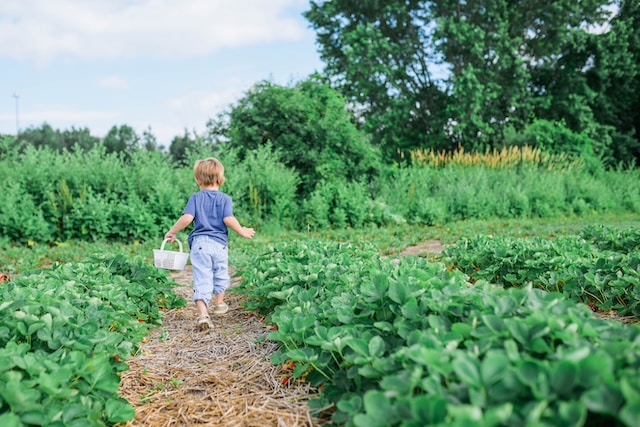
Safety during yard work
Working outside in the yard can pose a variety of safety hazards to both children and adults. Here are some general tips about staying safe and regularly maintaining your yard to help prevent accidents and injuries:
- Mow the lawn regularly to keep pests away
- Never leave standing water outside, as it can attract mosquitos and other biting insects
- Keep tree limbs trimmed and away from the home
- If you have an outdoor swimming pool, secure it with a locked gate and fence
- Remove dead or dying tree branches immediately
- Never let children use garden tools without an adult present
- Don’t allow kids to use pesticides or herbicides
- Lock up chemicals, tools, and other items in your shed or garage, so they’re out of reach
- Look for extension cords and other items that children could trip over and remove them
Safety during animal care
If you have pets at home, your kids must understand the right way to care for them. Animal care can also apply to other backyard creatures and insects with which your children may interact.
- Always supervise young children around your pets
- Don’t allow very young kids to walk pets without a parent present
- Emphasize the importance of keeping gates locked at all times so pets can’t escape
- Apply insect repellent on children when they’re outside during the spring and summer
- If your child encounters a wild animal, teach them about what to do (including never approaching one)
- Keep insect bite treatments handy in the event that your child gets stung
- Encourage children to give their pets plenty of water when they’re playing outside
- Educate kids about how to deal with dangerous animals and insects like snakes or wasps
Safety during maintenance and repairs
It’s completely normal for kids to want to help their parents with household maintenance tasks. If you do decide to allow your child to help, ensure you have the right safety measures in place. Here are some tips for keeping your kids safe during maintenance and repairs:
- Show kids the proper way to use tools and let them know never to use them when you aren’t there
- Always use protective gear such as gloves and safety goggles
- Explain the potential dangers and hazards of things like chemicals and power tools
- Store paint and other items safely under lock and key in a garage or shed
- Never allow kids to use tools while unattended
- Keep children away from sharp blades and tool edges
- Make sure you and your kids have an up-to-date tetanus shot
- Put nails and screws away when not in use
- Keep safety top of mind during seasonal household chores, like cleaning gutters or raking leaves.
- Take extra precautions during winter maintenance tasks to avoid slips, falls, and burns.
Learning more about appliance safety
Now that you know the basics of appliance safety for kids, it’s important to know how to implement strategies that work, including:
- Set a good example for your children by being a good role model and showing them you’re aware of the right safety practices through your actions.
- Encourage kids to do hands-on learning by letting them go through the steps to use different appliances to ensure they do everything correctly.
- One of the best ways for children to learn is through repetition, so have your kids use household appliances often until they feel confident about how to use them safely.
Integrate appliance safety education in an interactive, engaging way to make it easy and fun.
- Use colorful flashcards to help kids remember safety rules.
- Offer a rewards system whenever your child listens and follows instructions.
- Create a fun safety song and have the family sing it whenever they do household chores.
- Come up with a made-up game to play together that teaches key safety rules.

No matter your child’s age, it’s important to ensure that your kids practice the proper safe appliance use during household chores. Use the tips from this guide to help you implement the best appliance safety education at home. From backyard chores to laundry and dishes, these tips will help your family stay safe during and after chore time.
